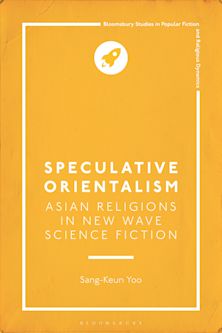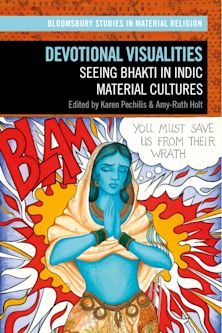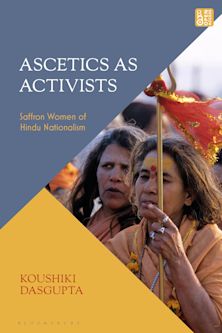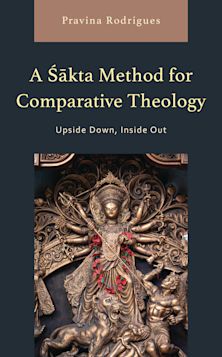The Hindu Self and Its Muslim Neighbors
Contested Borderlines on Bengali Landscapes
The Hindu Self and Its Muslim Neighbors
Contested Borderlines on Bengali Landscapes
This product is usually dispatched within 2-4 weeks
- Delivery and returns info
-
Flat rate of $10.00 for shipping anywhere in Australia
Description
In The Hindu Self and its Muslim Neighbors, the author sketches the contours of relations between Hindus and Muslims in Bengal. The central argument is that various patterns of amicability and antipathy have been generated towards Muslims over the last six hundred years and these patterns emerge at dynamic intersections between Hindu self-understandings and social shifts on contested landscapes. The core of the book is a set of translations of the Bengali writings of Rabindranath Tagore (1861–1941), Kazi Nazrul Islam (1899–1976), and Annada Shankar Ray (1904–2002). Their lives were deeply interwoven with some Hindu–Muslim synthetic ideas and subjectivities, and these involvements are articulated throughout their writings which provide multiple vignettes of contemporary modes of amity and antagonism. Barua argues that the characterization of relations between Hindus and Muslims either in terms of an implacable hostility or of an unfragmented peace is historically inaccurate, for these relations were modulated by a shifting array of socio-economic and socio-political parameters. It is within these contexts that Rabindranath, Nazrul, and Annada Shankar are developing their thoughts on Hindus and Muslims through the prisms of religious humanism and universalism.
Table of Contents
Chapter One: Hindus and Muslims in Unpartitioned Bengal: Affinities and Antagonisms
Chapter Two: Partitioned Lands: Rabindranath Tagore, Nazrul Islam, and Annada Shankar Ray
Chapter Three: Rabindranath Tagore: Translated Texts
Chapter Four: Nazrul Islam: Translated Texts
Chapter Five: Annada Shankar Ray: Translated Texts
Chapter Six: Conclusion
References
About the Author
Product details
| Published | 27 Apr 2022 |
|---|---|
| Format | Hardback |
| Edition | 1st |
| Extent | 234 |
| ISBN | 9781793642585 |
| Imprint | Lexington Books |
| Dimensions | 227 x 161 mm |
| Series | Explorations in Indic Traditions: Theological, Ethical, and Philosophical |
| Publisher | Bloomsbury Publishing |

ONLINE RESOURCES
Bloomsbury Collections
This book is available on Bloomsbury Collections where your library has access.


































